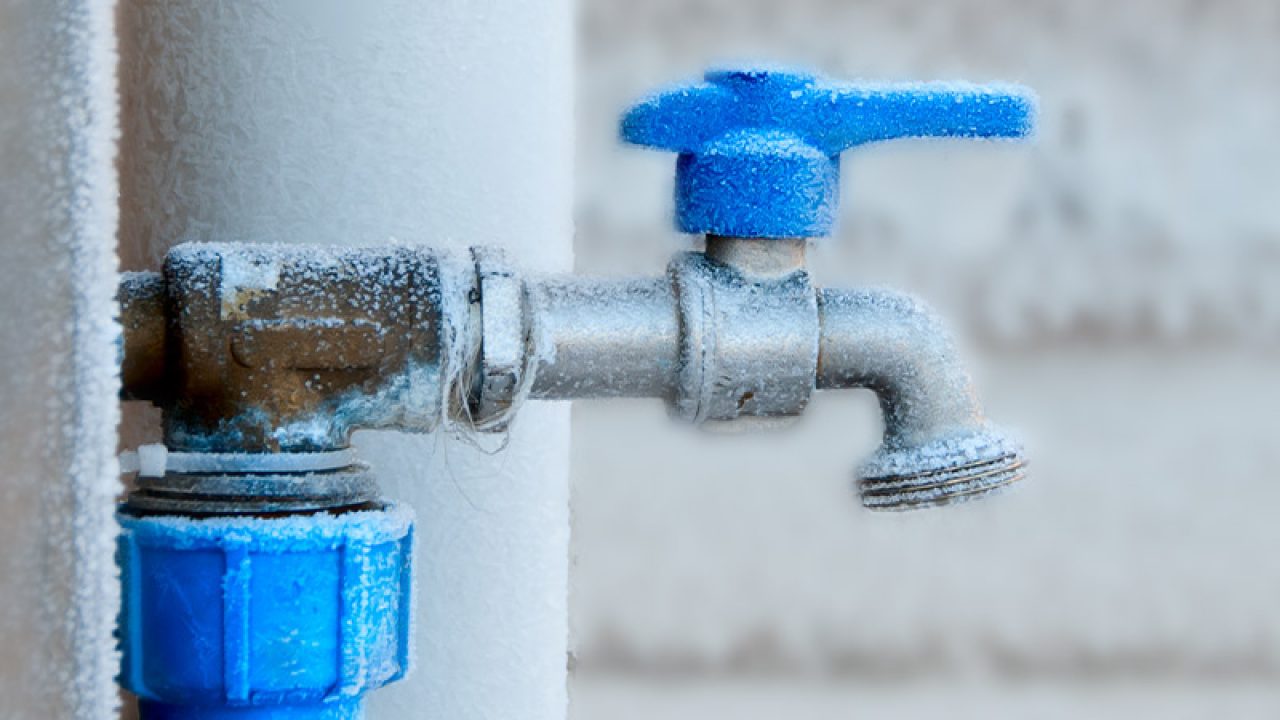We have unearthed the article about How to prepare your home plumbing for winter weather listed below on the internet and accepted it made sense to quickly share it with you on this page.

Cold weather can ruin your plumbing, specifically by freezing pipes. Right here's just how to prevent it from occurring and what to do if it does.
Intro
As temperatures decrease, the threat of icy pipes boosts, possibly bring about costly repair work and water damages. Recognizing just how to stop icy pipes is important for property owners in chilly environments.
Understanding Icy Pipes
What causes pipelines to ice up?
Pipes ice up when subjected to temperatures listed below 32 ° F (0 ° C) for prolonged periods. As water inside the pipes ices up, it increases, putting pressure on the pipeline walls and possibly causing them to rupture.
Threats and problems
Frozen pipes can cause water supply interruptions, property damage, and costly repair services. Ruptured pipelines can flooding homes and create extensive structural damages.
Indicators of Frozen Pipes
Identifying icy pipelines early can stop them from rupturing.
Exactly how to determine frozen pipelines
Seek reduced water flow from faucets, uncommon smells or noises from pipelines, and noticeable frost on subjected pipes.
Avoidance Tips
Protecting vulnerable pipelines
Cover pipes in insulation sleeves or use warm tape to safeguard them from freezing temperature levels. Concentrate on pipes in unheated or external locations of the home.
Heating strategies
Keep indoor areas properly warmed, particularly areas with pipes. Open up cabinet doors to allow cozy air to distribute around pipelines under sinks.
Securing Outdoor Pipes
Garden tubes and exterior faucets
Separate and drain pipes garden tubes before winter season. Install frost-proof faucets or cover outdoor taps with protected caps.
What to Do If Your Pipes Freeze
Immediate activities to take
If you think icy pipelines, keep taps open to eliminate stress as the ice thaws. Make use of a hairdryer or towels taken in warm water to thaw pipelines slowly.
Long-Term Solutions
Structural adjustments
Consider rerouting pipelines away from exterior wall surfaces or unheated locations. Add added insulation to attic rooms, basements, and crawl spaces.
Updating insulation
Purchase top notch insulation for pipes, attic rooms, and walls. Proper insulation assists maintain regular temperatures and lowers the danger of icy pipes.
Conclusion
Avoiding icy pipes needs proactive procedures and fast reactions. By recognizing the causes, indications, and safety nets, homeowners can safeguard their pipes during winter.
Helpful Tips to Prevent Frozen Pipes this Winter
UNDERSTANDING THE BASICS: WHY PIPES FREEZE AND WHY IT’S A PROBLEM
Water freezing inside pipes is common during the winter months, but understanding why pipes freeze, and the potential problems it can cause is crucial in preventing such incidents. This section will delve into the basics of why pipes freeze and the associated problems that may arise.
THE SCIENCE BEHIND FROZEN PIPES
When water reaches freezing temperatures, it undergoes a physical transformation and solidifies into ice. This expansion of water as it freezes is the primary reason pipes can burst. As the water inside the pipe freezes, it expands, creating immense pressure on the walls. If the pressure becomes too great, the pipe can crack or rupture, leading to leaks and water damage.
FACTORS THAT CONTRIBUTE TO PIPE FREEZING
Low Temperatures: Extremely cold weather, especially below freezing, increases the risk of pipes freezing. Uninsulated or Poorly Insulated Pipes: Pipes located in unheated areas, such as basements, crawl spaces, or attics, are more prone to freezing. Insufficient insulation or lack of insulation altogether exacerbates the problem. Exterior Wall Exposure: Pipes running along exterior walls are susceptible to freezing as they encounter colder temperatures outside. Lack of Heating or Temperature Regulation: Inadequate heating or inconsistent temperature control in your home can contribute to frozen pipes. PROBLEMS CAUSED BY FROZEN PIPES
- Pipe Bursting: As mentioned earlier, the expansion of water as it freezes can cause pipes to burst, resulting in significant water damage.
- Water Damage: When pipes burst, it can lead to flooding and water damage to your property, including walls, ceilings, flooring, and personal belongings.
- Structural Damage: Prolonged exposure to water from burst pipes can compromise the structural integrity of your home, leading to costly repairs.
- Mold and Mildew Growth: Excess moisture from water damage can create a favorable environment for mold and mildew growth, posing health risks to occupants.
- Disrupted Water Supply: Frozen pipes can also result in a complete or partial loss of water supply until the issue is resolved.
WHY CERTAIN PIPES ARE MORE PRONE TO FREEZING
- Location: Pipes located in unheated or poorly insulated areas, such as basements, crawl spaces, attics, or exterior walls, are at higher risk of freezing.
- Exterior Pipes: Outdoor pipes, such as those used for irrigation or exposed plumbing, are particularly vulnerable to freezing as they are directly exposed to the elements.
- Supply Lines: Pipes that carry water from the main water supply into your home, including the main water line, are critical to protect as freezing in these lines can affect your entire plumbing system.
- Underground Pipes: Pipes buried underground, such as those connected to sprinkler systems or outdoor faucets, can be susceptible to freezing if not properly insulated.
https://busybusy.com/blog/helpful-tips-to-prevent-frozen-pipes-this-winter/

We had been shown that editorial on How to Prevent Your Pipes From Freezing from a buddy on our other web property. Are you aware of another individual who is fascinated by the topic? Feel free to share it. Thanks so much for going through it.
Make An Appointment